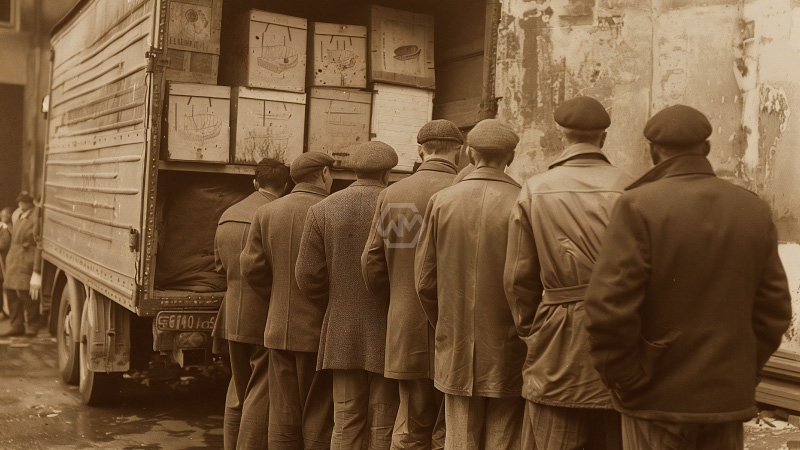- British colonial rulers turned India into a hub for opium production to fuel their lucrative trade with China.
- Indian farmers were coerced into growing poppy instead of food crops, trapping them in cycles of debt and poverty.
- The opium trade triggered wars with China, reshaping global politics and enriching Britain at immense human cost.
During the 18th and 19th centuries, the British East India Company transformed vast regions of India into opium fields, prioritizing profit over the well-being of local populations.
China’s repeated attempts to halt the drug’s inflow were met with military aggression, culminating in the First Opium War (1839–1842). Britain’s victory forced China into unequal treaties, opening ports and legitimizing the opium trade, while securing control over Hong Kong.
The Opium Machine: How Colonial Britain Profited from India’s Poppy Fields
Britain’s narco-colonial strategy was a calculated system of state-controlled agriculture and global drug trafficking. By monopolizing opium cultivation in India, the colonial administration guaranteed a steady supply to China, where demand—though illegal—was growing. This was not a free market; it was a coerced arrangement where farmers had no choice but to comply.
The East India Company’s bureaucracy meticulously managed the trade, from issuing cultivation contracts to overseeing auctions in Calcutta. While the British treasury swelled, Indian farmers sank deeper into debt, often unable to feed their families. The replacement of food crops with poppy also destabilized local economies, pushing many villages into long-term dependency.
In China, the influx of opium caused a public health crisis, draining silver reserves and destabilizing the Qing dynasty’s economy. When Chinese officials cracked down, Britain responded not with diplomacy but with gunboats, sparking conflicts that further entrenched its trade dominance.
This legacy left scars that outlasted the empire. India’s agricultural priorities were reshaped to serve imperial profit, while China’s social and economic fabric was weakened for decades. The opium trade stands as a stark example of how colonial powers weaponized commerce to expand global control.
The British opium enterprise in India and China was more than a trade—it was an orchestrated system of exploitation that reshaped economies, societies, and political destinies across continents.
“Opium was the empire’s most profitable poison, and its victims spanned nations.”



